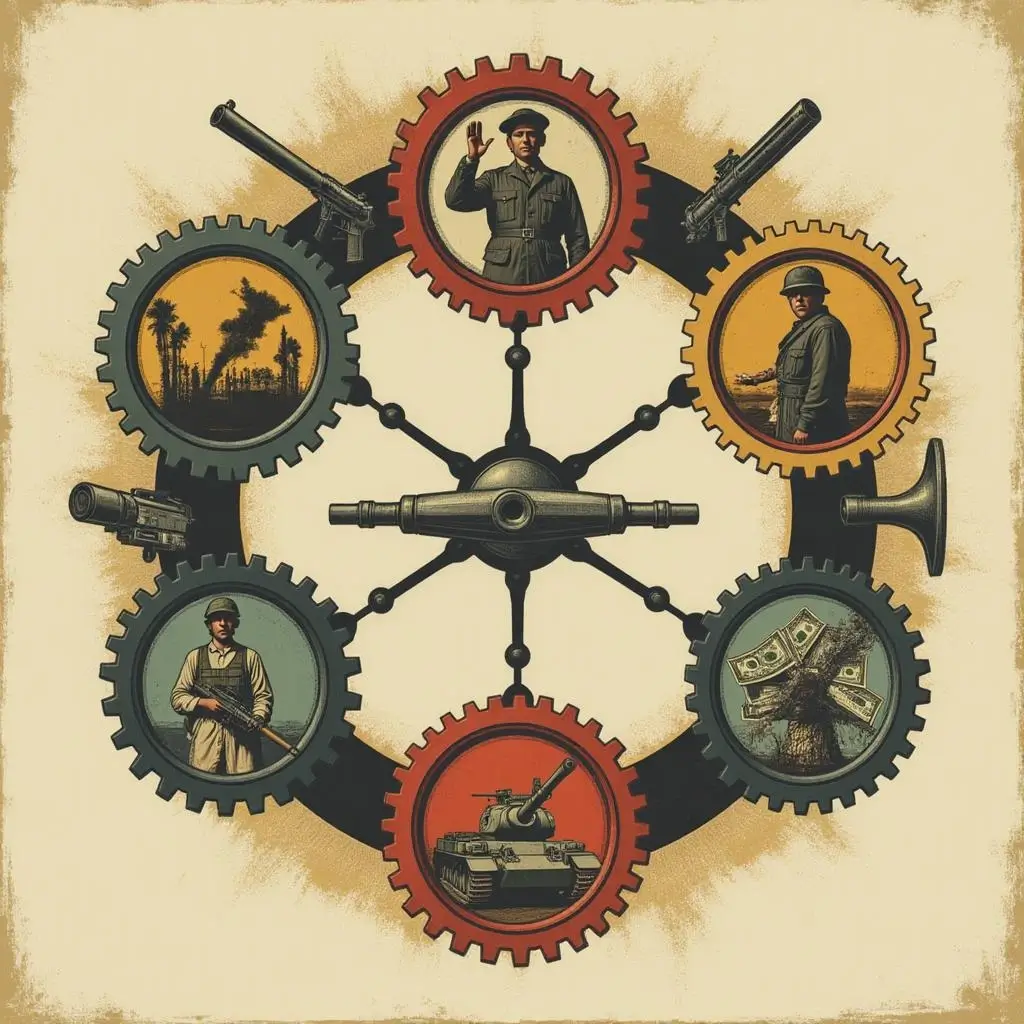Why Does Every Country Need an Army and Military Industry?

Throughout history, nations have justified the existence of armies and military industries as necessary for defense, sovereignty, and maintaining order. However, these institutions often extend beyond their stated purpose, shaping global dynamics through arms races, conflicts, and geopolitical tensions. The question arises: do these structures protect humanity, or do they perpetuate cycles of fear and aggression?
The military industry thrives on the perception of constant threats. This narrative fuels massive expenditures on weapons and technologies, often at the expense of critical sectors like education, healthcare, and climate initiatives. While defense is a valid concern, the overemphasis on militarization diverts resources away from solving the underlying issues that cause instability, such as poverty, inequality, and environmental degradation.
Moreover, the existence of military-industrial complexes creates vested interests that benefit from prolonged conflicts and tension. These entities often influence political decisions, prioritizing profits over peace. The result is a global landscape where arms trade flourishes, and sustainable solutions to disputes are sidelined.
To move beyond this paradigm, nations must rethink the role of defense. Instead of viewing other countries as adversaries, governments can invest in global cooperation and dialogue. Strengthening international institutions and fostering trust can reduce the need for large-scale militarization. Redirecting funds from military industries to social and environmental programs can build a safer and more equitable world.
Ultimately, humanity must question the systems that sustain the cycle of violence and work toward a future where security is defined not by weapons, but by mutual understanding and collective progress.
Ultimately, humanity must question the systems that sustain the cycle of violence and work toward a future where security is defined not by weapons, but by mutual understanding and collective progress.
